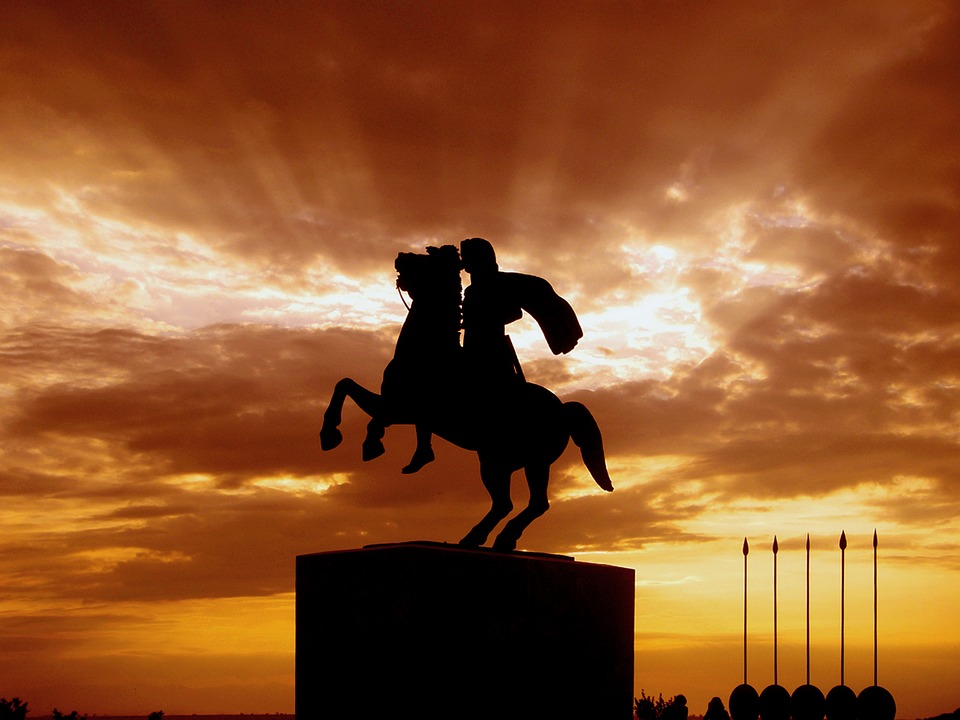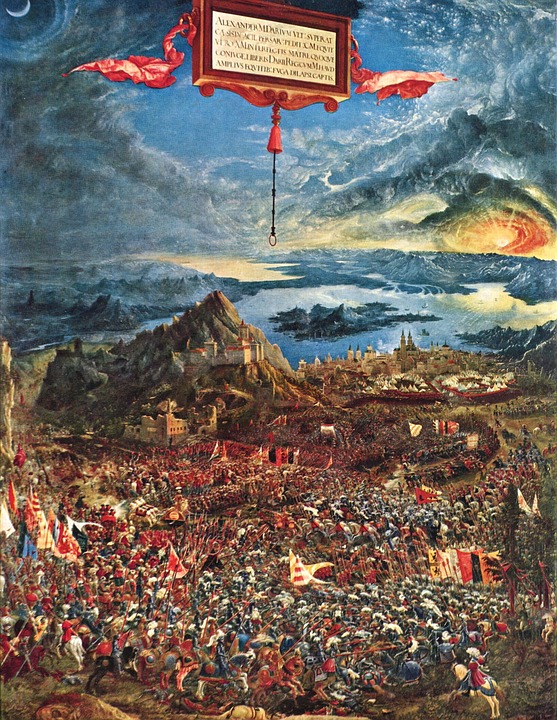Alexander the Great, also known as Alexander III or Alexander of Macedonia, was a king of Macedonia who overthrew the Persian empire, carried Macedonian arms to India, and laid the foundations for the Hellenistic world of territorial kingdoms.
He was born 356 BCE in Pella, Macedonia died June 13, 323 BCE in Babylon. Already the subject of fantastic stories during his lifetime, he eventually became the hero of full-fledged mythology that bears only the tiniest similarity to his historical career.

Alexander is trained by Aristotle, one of the greatest intellectual personalities in Western history, from the age of 13 to 16, who instills in him an interest in philosophy, medicine, and scientific inquiry. Alexander demonstrates military prowess at a young age.
Alexander was born in the Macedonian town of Pella. King Philip II and Queen Olympias are his parents. By this time, Philip has transformed Macedonia's army into the region's most powerful military force.
Ascend to Power
Alexander, the son of King Philip II and Queen Olympias, was born at Pella, Macedonia, in 356 BCE. He became a student of Aristotle in his early adolescence, and Aristotle inspired his interest in philosophy and science. He was, nonetheless, very skilled in military matters. Alexander, being 18 years old, spearheaded a cavalry charge that helped Philip win a war against the united Greek states. Philip was assassinated in 336. The soldiers acclaimed Alexander, and he ascended to the throne without opposition. He inherited a well-trained and mobile military force, as well as his father's ambition to conquer the Persian empire.
The Greek States and Alexander
India's invasion
Alexander invaded India with a newly bolstered army in the summer of 327. His ultimate goal was to make it to the Indian Ocean. By attacking the seemingly impregnable pinnacle of Aornos, a few miles west of the Indus River, he impressed the local Indian lords. On the banks of the Hydaspes River, Alexander fought his final major battle on June 1, 326. He vanquished a far larger army led by King Porus, who eventually became a powerful ally.
Alexander's army mutinied at the Hyphasis River, tired from years of campaigning, and demanded to return home. Alexander grudgingly led the troops back through India, putting down rebellions and removing corrupt governors. He came to Susa, Persia, in 324. Many of his veterans were eventually sent home with wealth and medals.
The Legacy of Alexander
Alexander went to Babylon in 323 to organize an exploration of Arabia, but he became ill. He died on June 13th. His empire was divided into kingdoms. For almost 2,000 years, historians and the general public have been fascinated with Alexander's life. In European and Asian history, his reign was a watershed moment.
Who was the one who defeated Alexander the Great?
When Alexander the Great died, what did he say?
"I will depart from this world soon," he warned his generals,
"and I have three requests, which you must carry out without fail."



